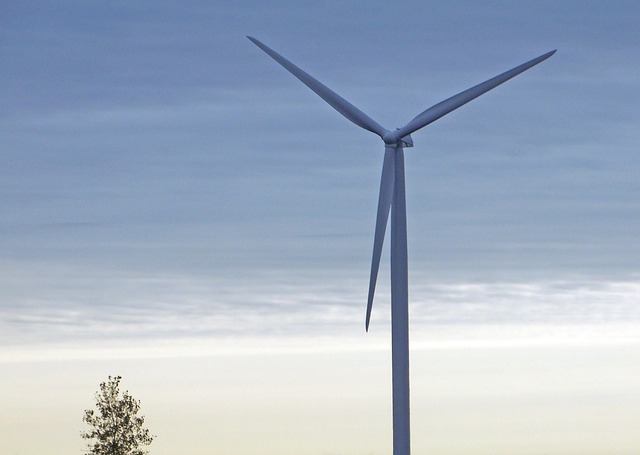
Building a Sustainable Future: Resource Efficiency in Development
Development is a journey towards improving lives and building a better future for communities and nations. Often, this journey requires significant resources – materials, energy, water, land. But as we pursue progress, we face a critical reality: the Earth’s resources are finite. True sustainable development, the kind that benefits everyone now and for generations to come, hinges on how wisely we use these precious resources.
This is where resource efficiency steps onto the stage, not as a limitation, but as an essential pathway to prosperity and resilience. It’s about doing more with less – producing goods and services, building infrastructure, and powering our societies while minimizing environmental impact and maximizing value from every unit of resource consumed. It’s about intelligent design, innovative processes, and circular thinking.
Foundations and Philanthropy: Seeding Innovation for Efficiency
Pioneering resource efficiency often requires taking risks, investing in early-stage technologies, and supporting systemic change that markets might initially overlook. This is where the vital role of foundations and philanthropic organizations comes to the fore. They act as catalysts, providing crucial funding for research, pilot projects, and advocacy efforts that push the boundaries of what’s possible.
Philanthropic capital can bridge the gap between novel ideas and market-readiness. They support non-profits and researchers developing cleaner production methods, sustainable agricultural techniques, efficient energy systems, and circular economy models. Furthermore, foundations often play a critical role in convening stakeholders, raising awareness, and supporting policy work that creates enabling environments for resource-efficient practices to scale. Their willingness to invest for long-term impact, rather than short-term returns, is invaluable in fostering the fundamental shifts needed for truly sustainable development.
Economy: Efficiency as a Driver of Growth and Stability
Far from being a drag on economic activity, resource efficiency is increasingly recognized as a powerful engine for economic growth, competitiveness, and stability. Businesses and economies that embrace efficiency find multiple benefits.
Firstly, efficiency leads to cost savings. Using less energy, water, or raw materials directly lowers operational expenses, boosting profitability and making businesses more resilient to volatile resource prices. This is particularly important for developing economies sensitive to global commodity markets.
Secondly, innovation in resource-efficient technologies and practices creates new industries, markets, and job opportunities. From renewable energy installation and energy efficiency retrofitting to sustainable material production and waste management services, the transition to an efficient economy generates green jobs and spurs technological advancement.
Thirdly, resource efficiency enhances competitiveness. Companies and nations that use resources wisely are better positioned in global markets facing increasing resource scarcity and environmental regulations. They can decouple economic growth from environmental degradation, achieving prosperity while reducing their ecological footprint.
Finally, building an efficient economy reduces vulnerability to resource shocks and enhances national security by decreasing reliance on imported resources. It fosters a more robust and stable economic system built on sustainable foundations.
Integrating resource efficiency into the core of development strategies is not just an environmental imperative; it is an economic and social necessity. It requires collaboration across sectors – government, business, civil society, and crucially, the initial catalytic support from foundations and philanthropists to pave the way for broader economic adoption.



